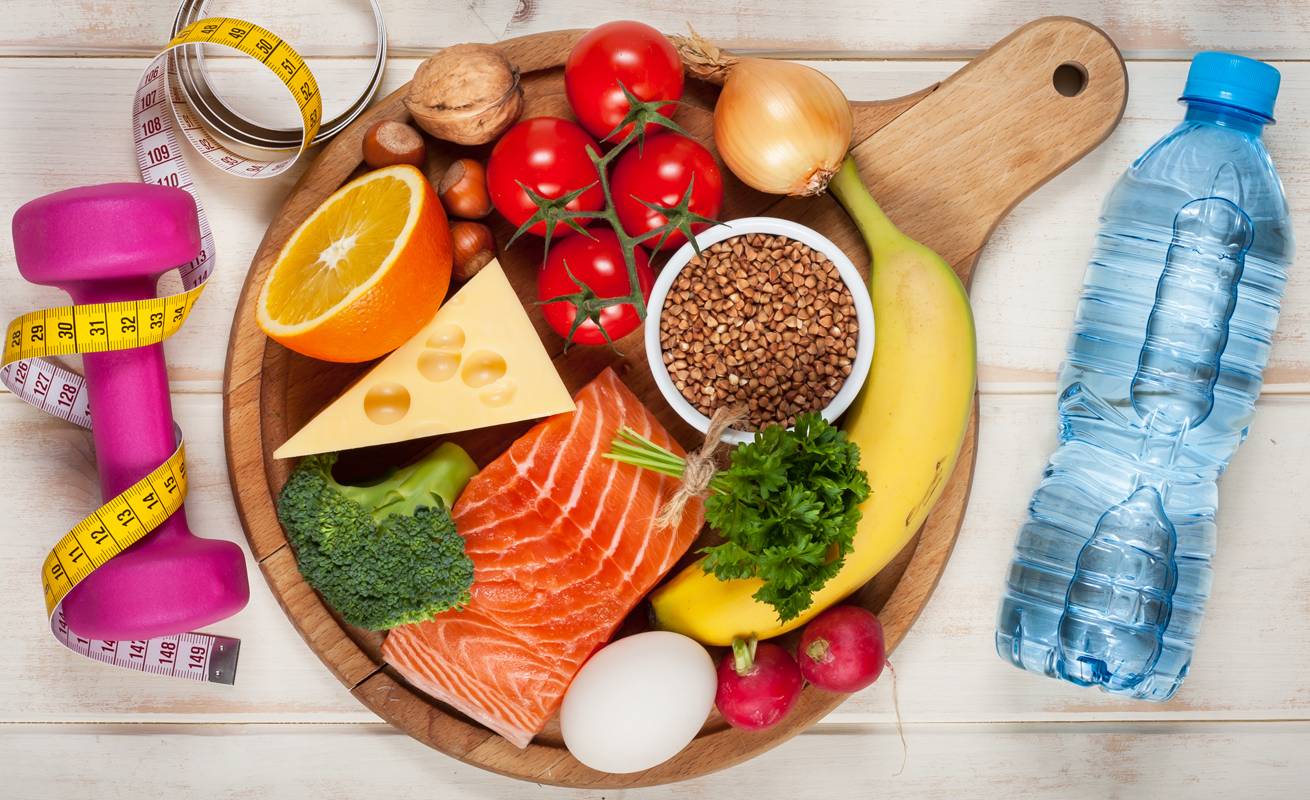Ideas that may increase fertility naturally
You’ve tried to get pregnant and prayed for a baby for months or even longer. But despite big dreams of a little one, the answer is still, “Not yet.”
If you find it hard to get pregnant, you’re not alone. According to the National Institutes of Health, about 11% of women have fertility problems during their reproductive years. In addition to preparing your body for conception, healthy steps can help you get pregnant naturally.
Some women try natural remedies such as liver cleanses, detox formulas, or organic progesterone creams to get pregnant faster. However, the research is inconclusive. Ask your doctor before trying new remedies or making health and lifestyle changes. You’ll get customized, safe options to help you get pregnant faster.
God’s perfect timing
“In the morning, Lord, you hear my voice; in the morning I lay my requests before you and wait expectantly.”
[Psalm 5:3, NIV]
Waiting and hoping to get pregnant can be humbling and even heartbreaking. But Christ reminds us to model a child’s faith, trust and humility (Mathew 18:2-4). God loves you even more than you’ll love any children He may bring into your life. If you’re worried about getting pregnant, keep praying and trust the Lord with childlike faith. Then rest assured that He will direct your paths. (Proverbs 3:5-6)
Bright eyes and rosy cheeks aren’t just for babies
Good health translates to good fertility. Simple measures – from choosing prenatal vitamins to positive lifestyle changes – can help increase fertility naturally. By staying healthy and well-nourished, you’ll create a nurturing space for conception.
Fertility is complex and highly individual. Your doctor will evaluate your personal health and medical history before discussing fertility-enhancing options.
“In the morning, Lord, You will hear my voice; In the morning I will present my prayer to You and be on the watch.” – Psalm 5:3 (NASB)
Vitamins and nutrients to support fertility
Vitamins, minerals and nutrients support egg and sperm quality as well as ovulation, menstruation, thyroid and hormonal functions.
According to the American Congress of Obstetricians and Gynecologists, a well-rounded, whole-food diet is the best source of essential proteins, carbs, vitamins, minerals and fat. A prenatal multivitamin or supplements to correct imbalances can be helpful.
Folic acid
Experts recommend 400 micrograms of folic acid daily for women who may become pregnant to help:
- Manage blood flow and blood pressure
- Enhance fertility
- Support pregnancy
- Prevent brain and spinal birth defects
Iron
Specialists at the Academy of Nutrition and Dietetics report that iron from food or supplements may lower the risk of ovulatory infertility. According to the American Pregnancy Association, liver isn’t recommended for moms-to-be. If you’re low in iron, eat these iron-rich foods.
The sunshine vitamin might brighten pregnancy prospects
Although some studies suggest a link between vitamin D deficiency and infertility, findings are inconclusive. However, vitamin D3–the natural type produced in your skin–supports overall health, hormone and gene-regulation, and fertility.
Ask your doctor for a full vitamin D panel. Avoid unguided supplementation, which can cause imbalances and toxicity. Vitamin D works with vitamins A and K, potassium, magnesium and other elements. Imbalances can lead to calcium deposits and other problems.
Your skin makes vitamin D naturally from UVB rays. However, if your skin is dark, it’s harder for your body to make vitamin D from sunshine. Dietary sources include fish, egg yolks, nuts, seeds and fortified milk and cheese.
Fishing for fertility-boosting omega-3’s
Omega-3 fatty acids in fish and other foods have multiple health benefits. These include taming inflammation – a potential cause of infertility. Omega-3’s contribute to egg quality and may lower the likelihood of endometriosis – a reproductive disorder.
Fish provide protein, iron and zinc for healthy prenatal development. Omega-3 fatty acids also support a baby’s brain development. Avoid larger fish, such as shark, tuna and swordfish, which contain more mercury – a reproductive toxin that also affects prenatal brain and nervous system development.
The FDA recommends that women trying to conceive eat smaller, well-cooked fish and other omega-3 sources weekly. This protects heart health and supports fetal development. Good choices include:
- Fortified yogurt, milk and eggs
- Salmon, tilapia, cod and catfish
- Shrimp, herring and anchovies
- Walnuts, flaxseed and sunflower seeds
Avoid trans fats and other unhealthy choices
Harvard researchers found that women with ovulation-related infertility tended to eat more trans fats, which are linked to heart disease and other health issues. Avoid partially or fully hydrogenated oils common in vegetable oils, non-dairy creamers and many convenience foods. Choose healthy fats such as avocado, olive and coconut oil.
Healthy choices are important when trying to get pregnant. Women who smoke are 60% less likely to conceive than nonsmokers. Data about caffeine or alcohol aren’t conclusive, but experts generally recommend avoiding alcohol, even in moderation, when trying to conceive. Moderate alcohol can also decrease sperm counts.
Data on coffee drinking is also inconclusive. The American Society of Reproductive Medicine considers a cup or two of coffee a day permissible while others say it’s best to limit or avoid caffeine.

What mother in the Bible would you be?
Take our quiz to find out which mother in the Bible you relate to most.




